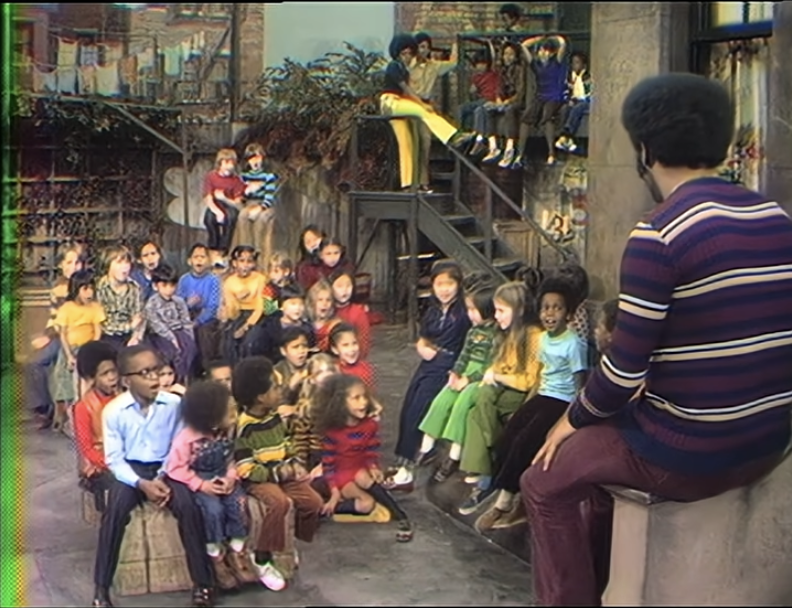Today marks the 52nd anniversary of Earth Day. That's long enough to make it easy to imagine that Earth Day has always existed, but it's worth taking a minute to look back at a time before the first Earth Day in 1970.
At that time, pollution was accepted as the price of progress (or at least it was framed that way). Leaded gas, huge and inefficient vehicles, smog - these were just what life consisted of in the U.S. Being concerned about the environment made you a naive, tree-hugging hippy. It was common practice to throw trash anywhere (that picnic scene in Mad Men was no exaggeration).
But the scale of environmental damage, and of horrific disasters like the massive Santa Barbara oil spill in 1969, was becoming hard to ignore. Especially when thousands of people showed up to help clean up and witnessed first-hand the oil-soaked birds and other creatures dying from the spill.
Earth Day was born at a time when teach-ins and radical protests were forcing changes in the status quo. It offered the possibility for taking action - for taking a stand - and for pushing corporations to take responsibility for the environmental degradation they caused.
But over time - 52 years being a lot of that - corporate sponsorship and greenwashing shifted the focus of Earth Day to individual responsibility and to volunteerism. Even that famous - and very effective - anti-littering ad with the "crying Indian" was a corporate dodge that defined littering as a personal sin, not a business responsibility.
This has diluted Earth Day's potential, and helped block real progress in the fight to save the planet.
This is not to cast aspersion on individual efforts like cleaning up after disasters, reducing waste, growing gardens, taking transit and riding bikes. BART even produced a new tool showing how much carbon transit riders save. Thumbs way up for all of that! But individual action will never be enough as long as corporate polluters use their money to hide from responsibility.
Earth Day's conception coincided with new regulations on state and federal levels, including the creation of the Environmental Protection Agency, the Clean Air Act, and the Clean Water Act. These have been important and useful interventions, with countless benefits to Americans and Californians. But they haven't been able to slow the pace of the climate crisis. And while air quality is nowhere near as bad as it was in the '70s, it is still very bad. Twelve California cities ranked among the 25 worst for air quality in the United States in a recent report from the American Lung Association.
In 2022.
Today, Earth Day is one of the biggest global mobilizations of people annually. It has served as an effective force for raising awareness of environmental problems. It provides ideas and opportunities for many local actions that people can take part in, can feel good about, and can help them be a part of the solution.
But it's important to remember the genesis of Earth Day, not as a corporate-sponsored festival, but a radical call to change the way corporations are allowed to degrade the environment we all depend on for our lives.
The issues Earth Day calls us to pay attention to have not changed much since 1970. And the fight to hold polluters accountable is a long, long way from being won.






